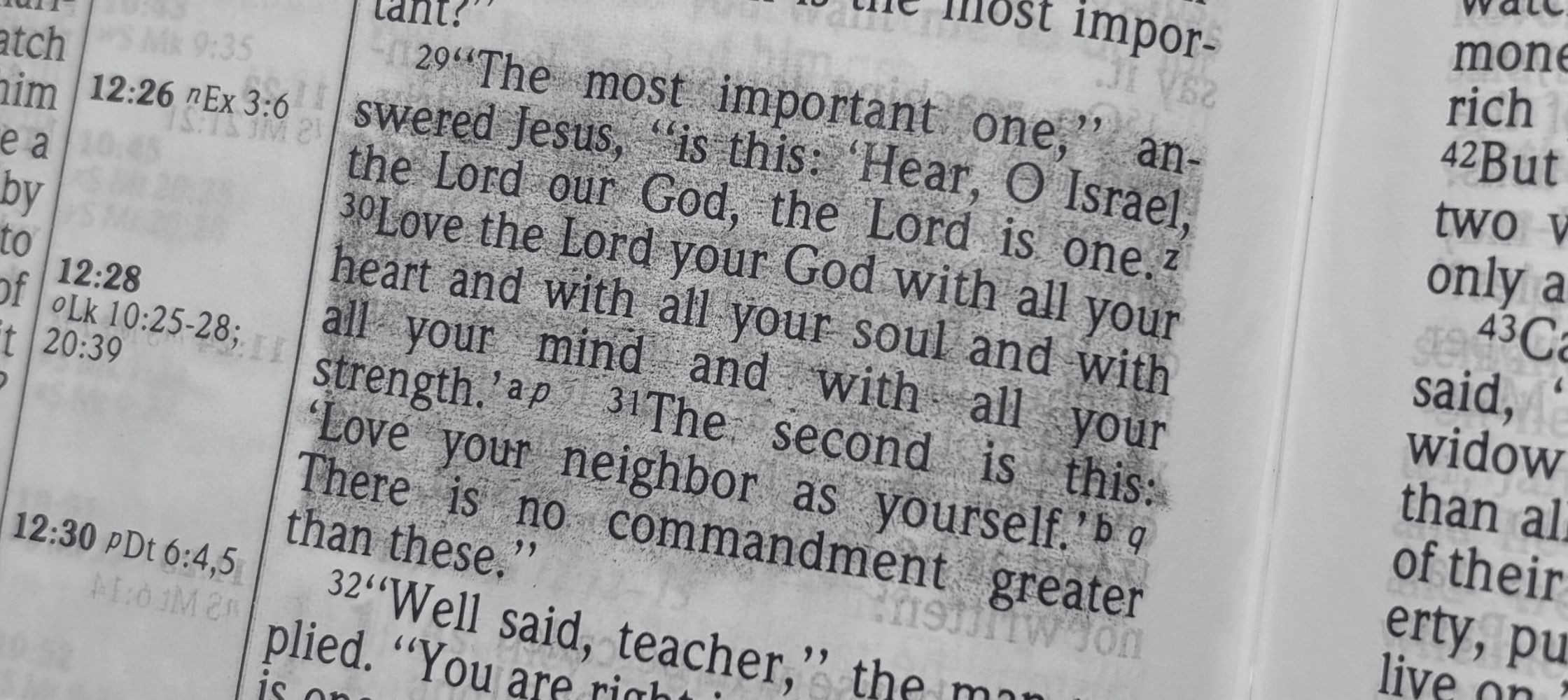Thank you! Your submission has been received!
Oops! Something went wrong while submitting the form.

By: Robert E. Zink
May 9, 2022
The Word of God begins, “In the beginning, God created the heavens and the earth. The earth was formless and void . . .” (Genesis 1:1-2a). This verse is a startling beginning to the existence of all created things. It reveals much about both creation and its Creator. Prior to the Lord's work, the Scripture describes the earth as formless and void. Together, those two words create an interesting picture because they signify more than our English interpretations. First, readers are treated to the phrase, 'formless.' The significance of that word denotes not only that the earth was without form but that it was also without purpose and function.
Added to that descriptive term is the word ‘void’ (or empty, as some translations use). While most people define empty as something that contains nothing, rarely is the word used that way in a sentence. For example, while driving by a school on the weekend, someone may describe it as 'empty,' but they cannot mean that it is not filled with anything. After all, the school building still contains furniture, materials, and most things that any school needs to function. What it lacks at that moment are students and teachers, and that's the point. Empty, in this case, simply means the absence of something we expected to be there. That is the characterization Genesis 1:2 paints of the earth before the Lord's creative work.
In the same way that the Lord’s work gave direction to creation, He instills the gospel with its purpose and activity. The gospel is, after all, His work, articulated and assembled according to the manner that corresponded with His will, sovereignty, and goodness. If God is the originator of the gospel and it is a reflection of both His attributes and activity, then the gospel is something defined by Him. Therefore, let us ask, “What elements are necessary for the gospel to be devoid of emptiness?" Or perhaps we could ask the question this way, "What elements are so crucial to the gospel that if they were lacking, we would be proclaiming an empty gospel?"
Varying discussions about this question usually settle on the following four key components:
Contained within these four words is a summation of the gospel. If any one of them lacks, then the gospel becomes an empty gospel, absent of something that we would expect to be part of it.
In a revelation of His goodness, the gospel of the Lord is not veiled but rather is a mystery that has been revealed to understand (cf. Colossians 1:25-27). Its broad comprehension indicates a level of simplicity without sacrificing complexity. In the same way, our presentation should be one of simplicity without sacrificing complexity. And so, let our gospel proclamation not be empty, lacking the elements that we would expect it to contain.
